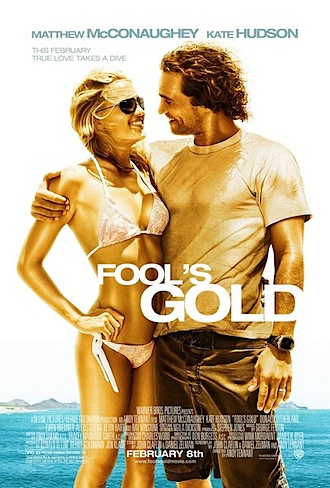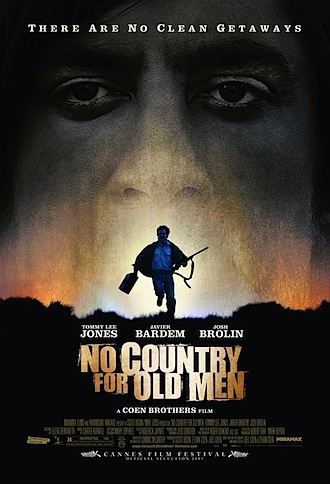A little late, but still recommended, Jane Campion remembers Janet Frame and making An Angel at My Table, in The Guardian: Each room and even parts of rooms were dedicated…
Read More
But I ask the questions again - why remove the captaincy from the world’s best captain? Why truncate the career, in any way, of the highest run scorer in our…
Read More

In 2003 the paper-thin romantic comedy How to Lose a Guy in 10 Days paired Matthew McConaughey with Kate Hudson and made over 100 million dollars. The rules of Hollywood…
Read More
Noted without comment: Westpac stadium - as soulless and joyless as it sounds - was already deserted before nightfall had truly come. Mike Atherton, The Telegraph
Read More

No Country for Old Men is essential cinema in two senses of the word. First and foremost you must see it, probably more than once. But it is also cinema…
Read More
Brilliant in conception and stunning in execution, here’s a wonderful pro-Obama video:
Read More
